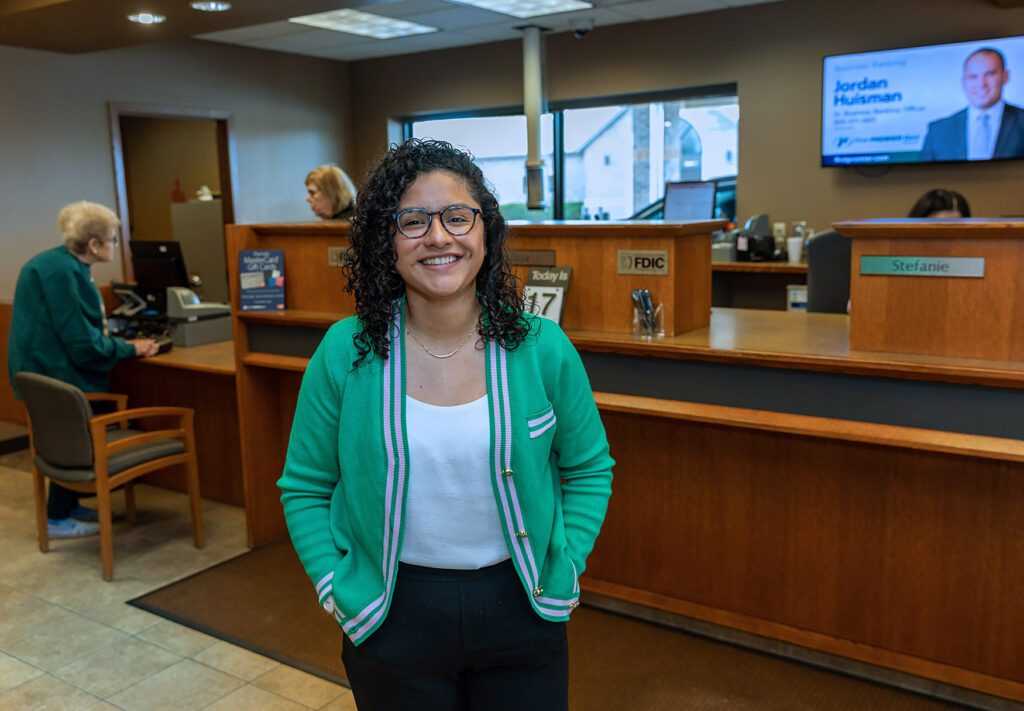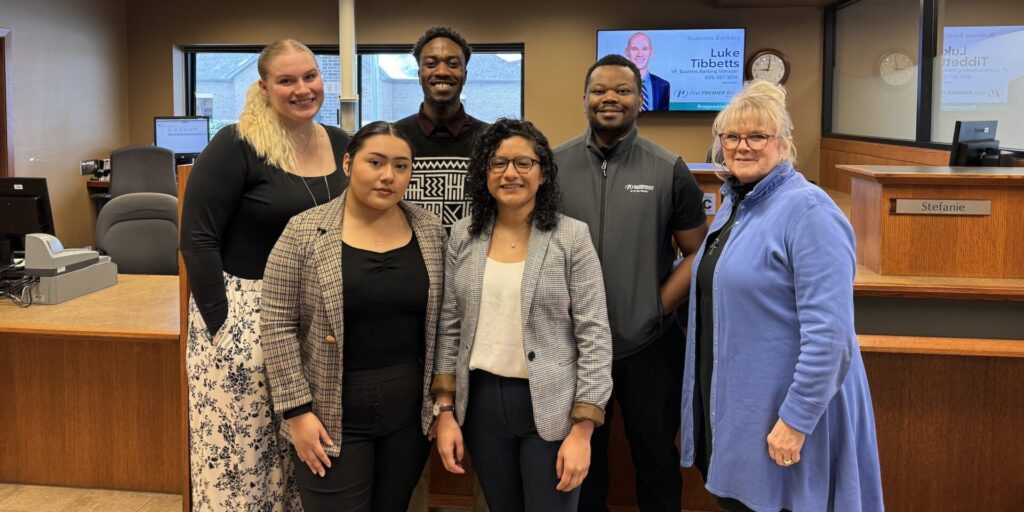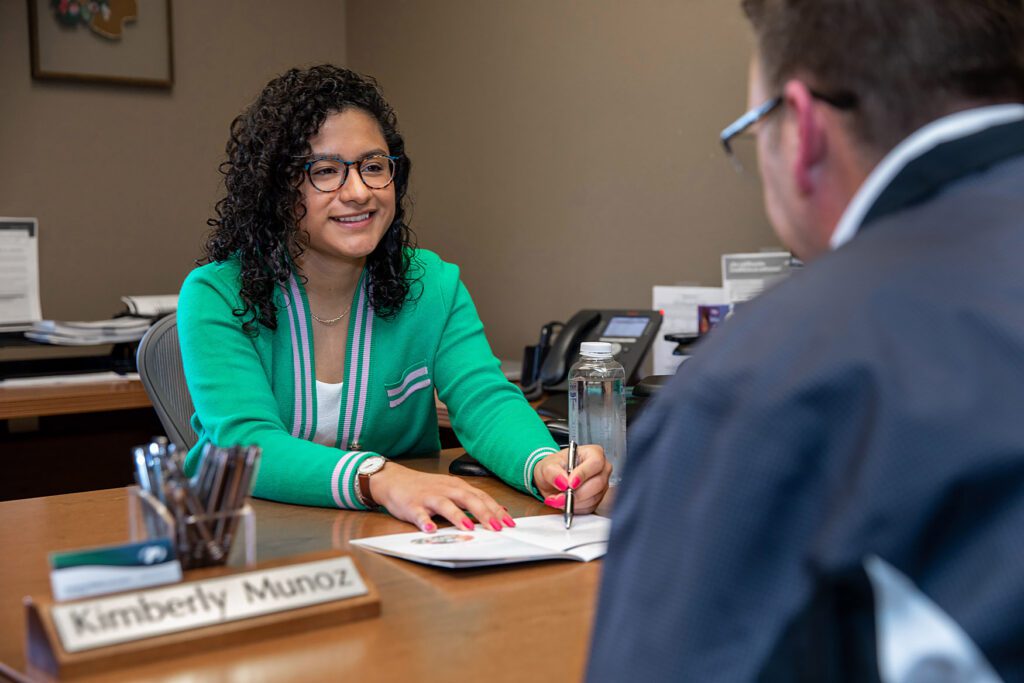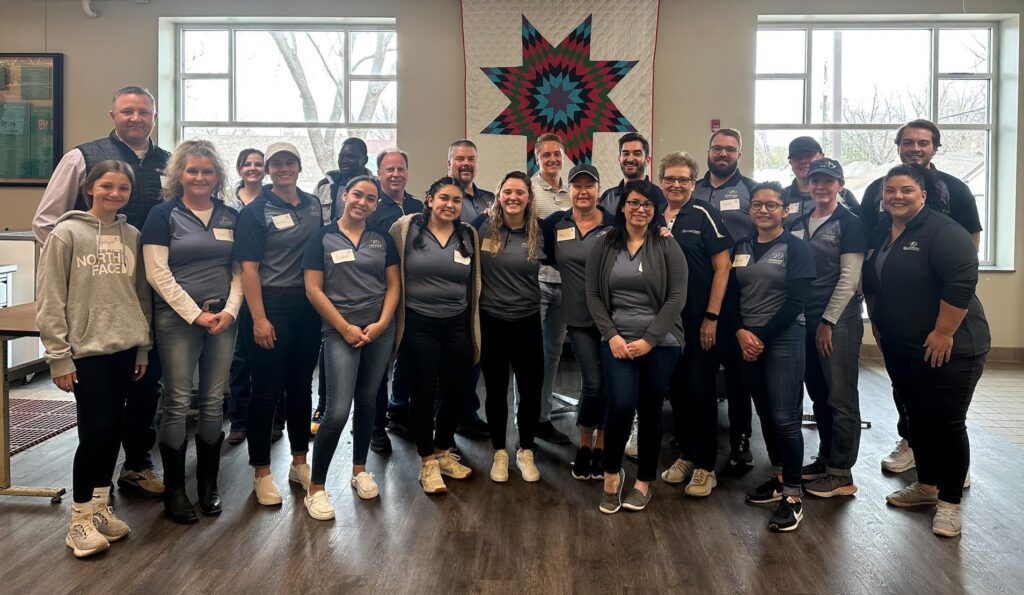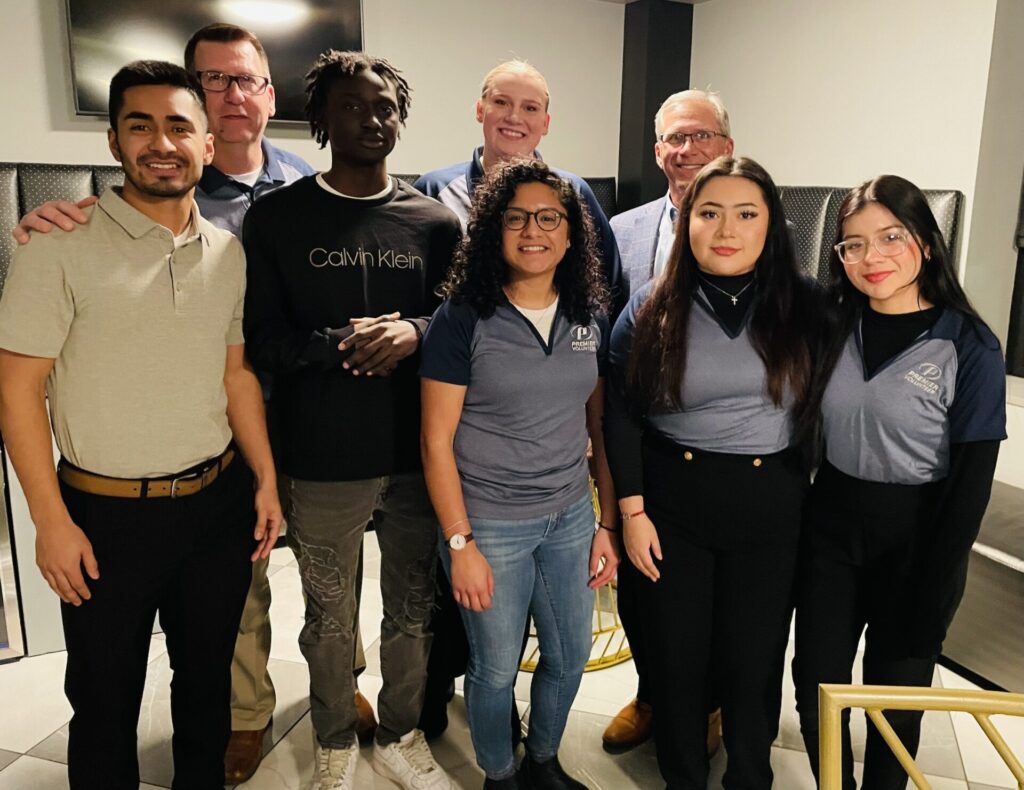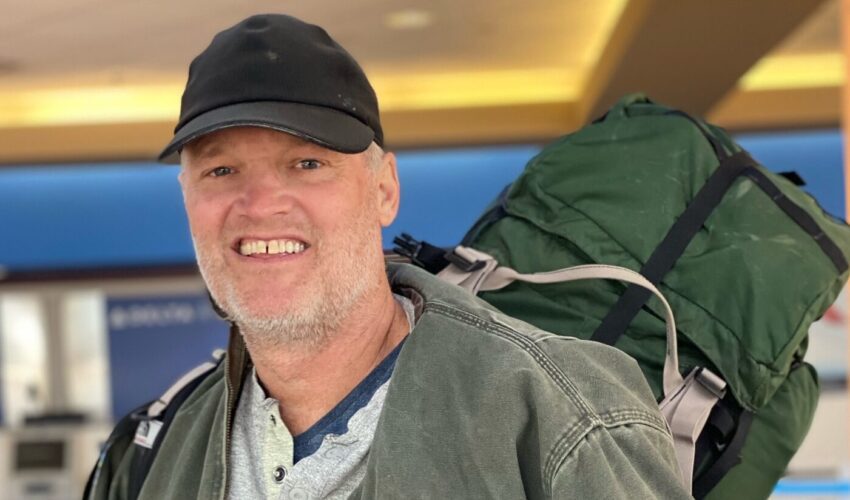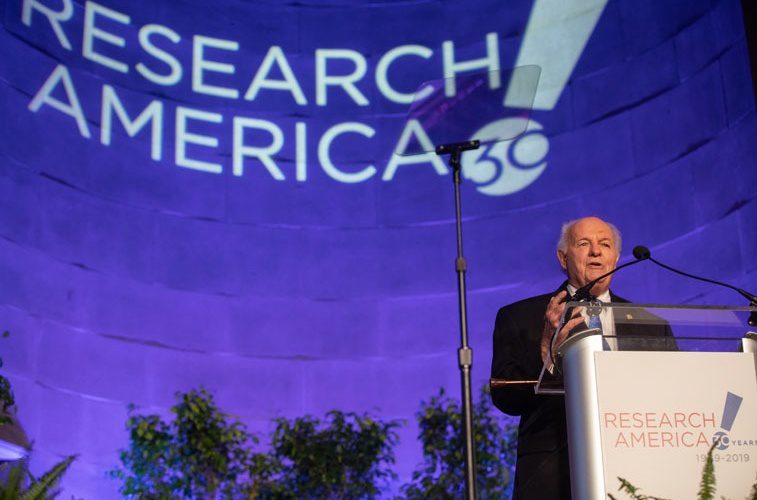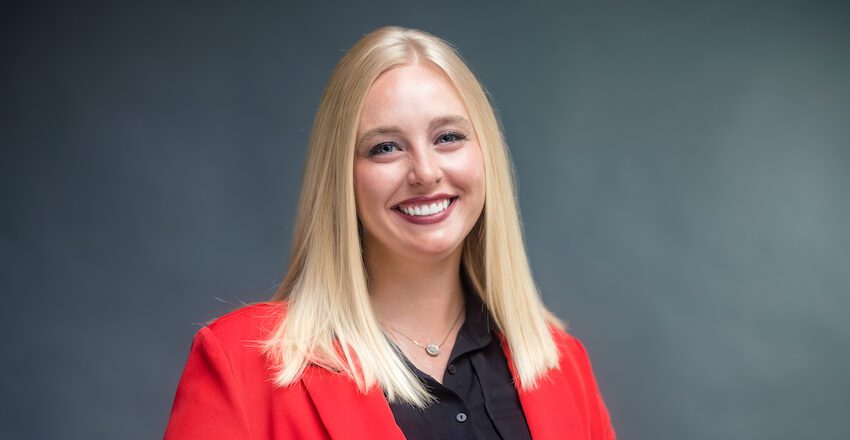Bilingual banker builds career while supporting community’s lending needs
April 22, 2024
By Steve Young, for SiouxFalls.Business
As a banker and lender with First Premier Bank, Kimberly Munoz sometimes stares across her desk at the Sycamore Avenue branch she manages and sees herself sitting on the other side.
An immigrant couple has walked into her bank with their grade-school child in tow to translate for them. Munoz knows that scene better than most. Twenty-three years ago, she was that child, brought along to translate for her Guatemalan parents in front of bankers, immigration lawyers, health care providers, school teachers ─ wherever she was needed.
And not just translate English to Spanish and back, but also to convey questions about escrow or mammograms or a dozen other strange-sounding words that would leave any child staring blankly.
“It could be overwhelming,” she says now. “I was trying to translate, but at the same time, I was thinking to myself, ‘What in the world is escrow?’ I mean, I was asked to understand at a young age things maybe most 7-year-olds aren’t understanding … and to be a translator at 7 years old in different areas that I had no business translating.”
Imagine then the look of relief on those children’s faces today when Munoz starts speaking to their parents in words they immediately understand – a language of compassion and empathy that makes hers an important bilingual voice in the cultural melting pot that Sioux Falls has become.
At a time when more than 75 languages are spoken in the Sioux Falls School District, the growing population of unique cultures has brought its own challenges to the city’s lending landscape.
Many immigrants don’t grow up with a concept of savings accounts or car loans or debit cards, said Mark Henkelman, who oversees First Premier’s Sioux Falls branch locations. “They a lot of times just have the tendency to hang on to cash,” he said. “That’s something that is very, very tangible that is more relatable to them.”
But to succeed in their pursuit of the American dream, immigrants and refugees can’t just stash their currency under their mattresses as they did back in their homelands, Henkelman said. They need to understand the values of saving and borrowing.
For their part, financial institutions wanting to tap into unserved and underserved populations of New Americans are seeing the need for bilingual bankers who recognize the hesitancy and can bring enlightenment in a language they understand.
Bankers like Kimberly Munoz.
Though just 30, she manages the First Premier branch across the street from Washington High School, from which she graduated. Today, she oversees the teller lines and the lenders, directing them to training and sales opportunities, guiding them in the art of bringing in business and “essentially helping them to succeed,” she said.
Kimberly Munoz with some members of her bank branch team
Amazingly, she does all this with tenacity, a voracious work ethic, but no college degree. In fact, Munoz actually took psychology classes at the University Center in town after high school and thought she would end up working in counseling, perhaps even at Washington High.
That she ended up as a bank manager instead – without the college parchment – isn’t as unusual as you might think, said Tony Nour, senior vice president for relationship banking at First Premier.
“I would say it’s becoming less unusual,” Nour said of the absence of a college degree in his business these days. “If you would have asked me five years ago, I would have said it’s fairly unusual. The fact is we’ve made significant investments in our training development here at First Premier. Kimberly is a great example of someone who has just continued to master and excel in each role that she’s had.”
It’s not like the psychology classes went for nothing, either. Munoz started with First Premier’s Bankcard division in high school, then transferred from credit card work to banking in the years after graduation. Once she stepped into lending, she discerned quickly that there was more to the job than just dollar signs and bottom lines.
Hearing customers’ stories brought out the counselor in her. It also brought back memories of her own family’s struggles. A request for a car loan turns into the intimate details about why they need the car, why they can pay only so much, why their credit score is what it is, even how they got to where they are today.
“I always tell my team that if you just build relationships with your customers, everything else will come,” Munoz said. “Although I understand the importance of generating business, hitting sales marks, making money, that has never been the most important thing … because to me, building relationships allows everything else to flow.”
She has developed such deep relationships with the Hispanic community around Washington High that nine out of 10 of her customers are Spanish speaking. As a result, since Munoz was promoted to manager of the Sycamore branch in 2021, she has not been able to take off her lender’s hat. Her customer base wouldn’t allow it.
“What I really noticed when Kimberly was a personal banker and growing her clientele … and, of course, a lot of Spanish-speaking clientele at that … was that the referrals were unbelievably high,” Henkelman said. “What that means is she was having an impact on our customers; the word was getting out to the customers’ friends and families. She was just absolutely wonderful.”
That she reached a point where she even felt comfortable going out on the streets of Sioux Falls with Henkelman to stop at small businesses, especially immigrant businesses, to introduce herself and to make acquaintances reveals another important aspect of Munoz’s evolution not just as a banker, but as a person too.
There was a time, she admits, when she was so introverted and shy that it was difficult for her to make friends and participate in activities. She eventually decided that if she were going to succeed in life, she needed to break down those barriers and put herself into personal-growth positions that probably would make her uncomfortable.
So she became a volunteer — and not in the singular sense.
The shyness slipped away as she raised her hand to Lutheran Social Services as a mentor, to Leaders of Tomorrow, Translators of Cultures, Kids Against Hunger, South Dakota CEO East Women’s Center, the board of the South Dakota Hispanic Chamber of Commerce, Our Growth Project Street Team, The Banquet and a mission she and her cousin founded called Knowledge Is Power.
That last effort happened in 2019. Munoz and her cousin had traveled through Guatemala, Mexico, the Dominican Republic and Belize by that point and had seen the poverty that her parents had left behind.
To witness people living in covered boxes when Munoz and her cousin have lives of privilege back in America inflamed their passion to try to make a difference.
So they raised money back here at home by selling Mexican appetizers and snacks called mangonadas and elotes locos. They asked for donations of clothes and school supplies.
With dollars and donations in hand, they formed what they called Knowledge Is Power and traveled to Guatemala, where Munoz’s relatives helped them organize an event in a town square. And then they gave everything away.
“We went wanting to talk about the importance of education, the importance of knowing that things can improve if people like us can help provide that,” Munoz said. “We talked to a lot of different young ladies about ‘How can we help you succeed?’ And it really changed my life in understanding the importance of giving back.”
Her efforts haven’t gone unnoticed. Henkelman tells a story of how Munoz read in the newspaper a few years back about Sioux Falls students having deficits in their lunch accounts. Worried that they might go hungry, she organized a fundraising event and gave the money to the school district to apply toward student lunch debt.
“She’s just a very, very servant person,” Henkelman said. “And very passionate in that space.”
One of her greatest joys as a volunteer has been mentoring an immigrant girl who is now a junior at Washington High. Since 2019, they have tried to visit every week, in person or by Zoom during the COVID pandemic. Their talks have ranged a wide gamut, everything from grades and filling out essays for college applications to dealing with boys.
Since both are children of immigrants, Munoz said they share a lot in common – parents who couldn’t help them with homework or filling out federal student aid forms or knowing what courses to take to prepare them for college.
“That’s where I could help,” said Munoz, who then wistfully adds that “she’s going to graduate in May of next year. She has become such an important person in my life that I think about next year, and I get really sad. I think, ‘Oh man, she’s going to move on.’”
When that day arrives, would she consider becoming a mentor again? It’s such a big initial investment, Munoz said, that it’s hard to know.
But those who know Kimberly Munoz firmly believe that her volunteer work – indeed, her leadership in Sioux Falls’ banking industry as well, especially in the bilingual community – will continue to flourish for years to come.
“We’re in the business of people, and Kimberly is really, really good at that,” Nour said. “From a banking standpoint, she just does a really nice job of creating a culture and environment that customers, employees and community members are glad to be a part of.”
A culture and environment that she is happy to be a part of, as well.
“She’s just a strong Hispanic female that we wish we had so many more of at the bank,” Henkelman said. “She’s definitely one of our brightest stars, that’s for sure.”

